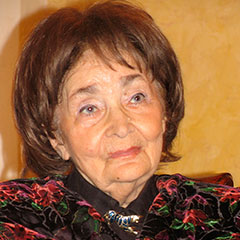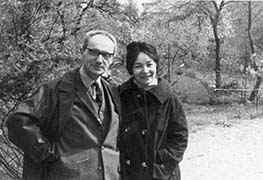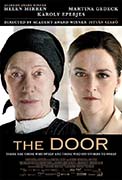Emerenc Szeredás
 HUNGARY
HUNGARY- Woman
Emerenc Szeredás is the protagonist of the novel Ajtó (The Door), which is about her special, twenty-year-long relationship with the narrator, a female writer who hires her to clean her house. Emerence is no ordinary housekeeper. Although everyone in the neighbourhood knows and respects her, no one knows anything about her private life or has ever crossed her threshold.
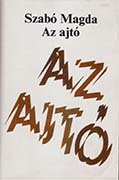
She possesses an ancient archaic integrity, is fearless and independent. She works hard and becomes indispensable to the household. A friendship develops between Emerenc and the writer and despite their ongoing stormy scenes they slowly learn to trust and love each other. We learn that Emerenc has been through the hells of human experience, working as a servant from 13, enduring hunger and deprivation, surviving the Nazi invasion, the Stalinist era and the communist government. Due to her tough experiences she is capable of essential functioning only. Anything not linked to physical labour and the struggle for survival  seems trite and pointless to her. She is introvert but also generous in her relationships. When the door of the title, the front door of Emerenc's home opens only once and only for the writer, actually the gate to her inner life opens and she becomes vulnerable with all her secrets out in the open. As she ages the writer takes the responsibility for her and when she gets ill and locks herself up in the flat the writer lets other people take her to hospital. She cannot survive the writer’s betrayal.
seems trite and pointless to her. She is introvert but also generous in her relationships. When the door of the title, the front door of Emerenc's home opens only once and only for the writer, actually the gate to her inner life opens and she becomes vulnerable with all her secrets out in the open. As she ages the writer takes the responsibility for her and when she gets ill and locks herself up in the flat the writer lets other people take her to hospital. She cannot survive the writer’s betrayal.


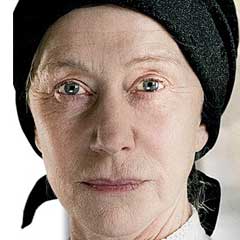
 HUNGARY
HUNGARY

